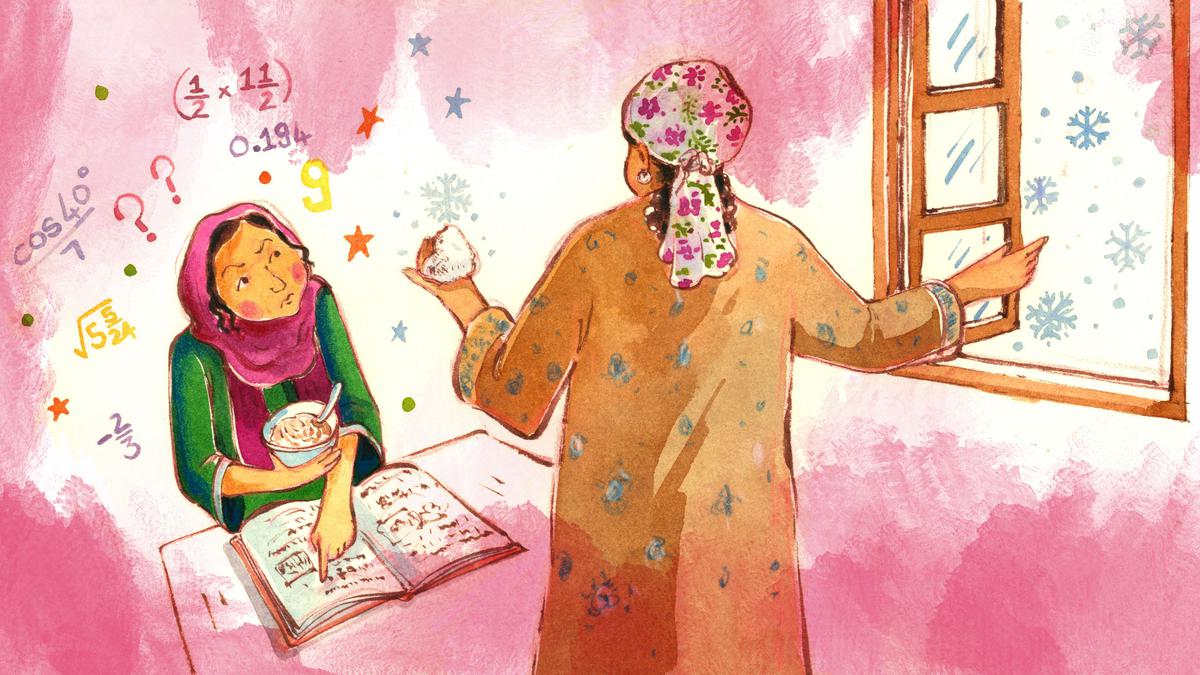
Column | Strength of a snowflake
The Hindu
Phuphee’s lesson on celebrating the power of individuality
Many years ago, when I was in school, I had a teacher who found it very difficult to be kind to me. We had just started the new academic year and it was our second or third mathematics class with him. In the first couple of classes, he asked students to come up and solve problems on the blackboard. Now, I wasn’t especially terrible at maths, but the prospect of getting up in front of an entire class put me in panic mode. Let’s just say I always knew that I could not be a politician.
When it was my turn to go to the front of the classroom, I could not concentrate on the question and muddled the whole thing up. He looked at me and said, ‘It is a good thing you have a pleasant looking face because here [pointing to his head] it is all empty.’ Everyone laughed, including me. For the next couple of months, even when I worked up the courage to answer a question and put my hand up, he would point to his head and mouth ‘empty’, and pick someone else to answer. I know I messed up the first time, but I didn’t understand the need for this constant mocking.
Soon, December arrived and with it our winter holidays. I was packed off to Phuphee’s house for a few months. On the day I arrived it started snowing — a little dusting at first, followed by a pause of a few hours and then, a gentle, continuous snowfall that carried on for days.
Soon everything was covered in a heavy white blanket. Every morning we would see the white pile get taller and taller, until it reached the ground floor windows. We played outside making snowmen and women and having snow fights, until chilblains covered our hands and feet, which made them hurt and itch.
Phuphee rubbed mustard oil on our hands and feet in the evenings, covered them with woollen socks and mittens that she had knitted, and told us never to set foot outside in the snow again. We, of course, did not listen and the whole process was repeated again the next evening, including the threats and admonitions.
In my second week there, I remembered the discouraging words of my teacher and I promised myself that I would stop going out and wasting time. Instead, I would throw myself into becoming so proficient in maths that he would have no choice but to stop mocking me. So, for the next month, I would wake up early in the bitter cold and work, taking breaks only for the bathroom and food. One day when I was sitting in Phuphee’s room, she came in with a bowl of hot firni (semolina cooked in milk and sugar topped with nuts and saffron strands).
‘Eat it before it gets cold,’ she said.





















 Run 3 Space | Play Space Running Game
Run 3 Space | Play Space Running Game Traffic Jam 3D | Online Racing Game
Traffic Jam 3D | Online Racing Game Duck Hunt | Play Old Classic Game
Duck Hunt | Play Old Classic Game











